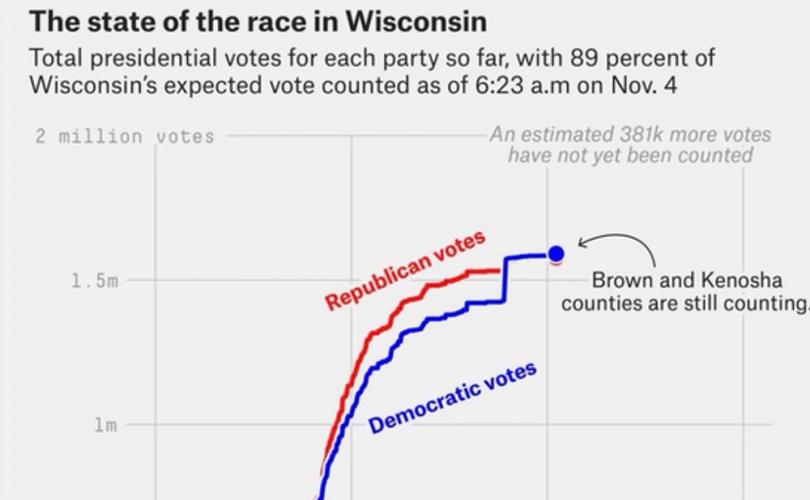
Former Congressman Matt Gaetz threatened to rejoin Congress, expose lawmakers’ “Me Too” settlements paid out using taxpayer funds – and then resign from Congress.
Matt Gaetz floated the idea after the House Ethics Committee secretly voted to release a ‘damaging’ lawfare report on him.
Gaetz resigned from Congress last month after President Trump nominated him as US Attorney General.
The House Ethics Committee was going to release a “damaging” report on Matt Gaetz last month, but because he resigned from Congress, the committee lost jurisdiction.
Matt Gaetz threatened to air out his colleagues’ dirty laundry and expose every #MeToo settlement paid using public funds after the House Ethics Panel reversed course and voted to release the lawfare report.
Gaetz resigned from the 118th Congress but he was elected to the 119th Congress so he said he could get sworn in, do some damage and then resign:
Someone suggested the following plan to me:
1. Show up 1/3/2025 to congress
2. Participate in Speaker election (I was elected to the 119th Congress, after all…)
3. Take the oath
4. File a privileged motion to expose every “me too” settlement paid using public funds (even of former members)
5. Resign and start my
@OANN
program at 9pm EST on January 6, 2025.
Someone suggested the following plan to me:
1. Show up 1/3/2025 to congress
2. Participate in Speaker election (I was elected to the 119th Congress, after all…)
3. Take the oath
4. File a privileged motion to expose every “me too” settlement paid using public funds (even of…— Former Congressman Matt Gaetz (@FmrRepMattGaetz) December 18, 2024
During Trump’s first term, he threatened to release names of congressmen who used taxpayer funds to settle sexual harassment lawsuits.
Congress has a rampant sexual harassment problem. In fact the problem is so bad that female lawmakers and aides keep a ‘creep list’ of men who are notorious for lewd behavior.
Rep. Jackie Speier (D-CA) previously told MSNBC’s Chuck Todd that taxpayers have paid over $15 million to settle sexual harassment lawsuits against members of Congress.
In 2017, the Congressional Office of Compliance released a year-by-year breakdown of harassment settlements and other awards without details. (screenshot below)
















